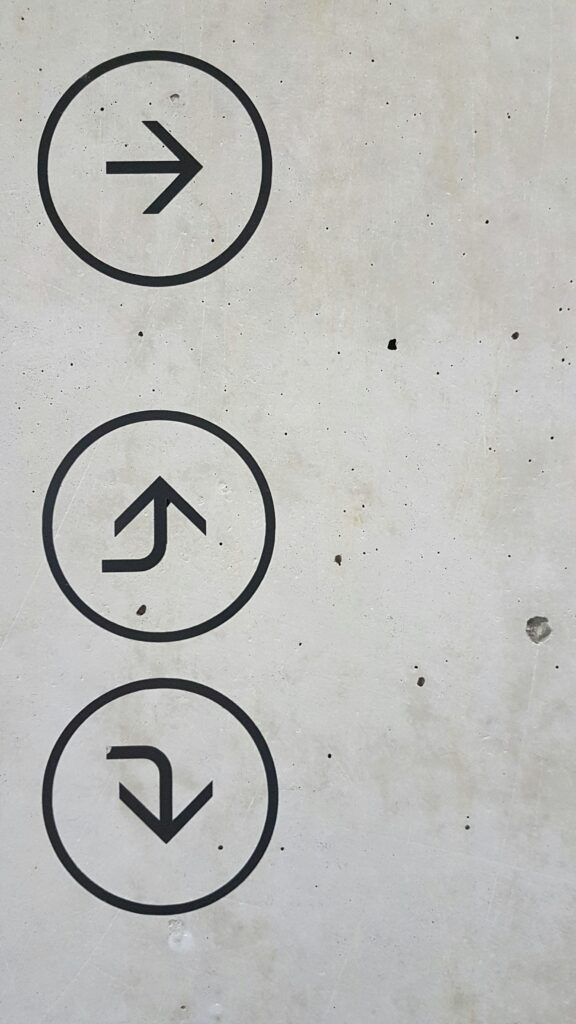What do you call the list of books that you would like to read and/or feel you should read? Until recently, I was calling mine my to-read list. Who knows if it will make much of a difference, but I recently changed the name of this list (or in my case, a tag on the Libby app) to my could-read list instead. Because who needs to feel burdened, swamped or guilted by your reading list? Is feeling that way likely to encourage you to pick up a book rather than to just open a new tab on your laptop and look up yet one more thing you don’t really need to know or scan for new streaming series to watch?
Renaming and reconceptualizing will only take you so far but perhaps it’s worth considering changing the name of whatever to-read lists you have and using that to shift your thinking about them. I realized that a to-read list sounds very much like another essential, but often guilt-inducing, list that features in my daily life, and not necessarily in a good way. Here at The Pageturners, we’re all about reading for pleasure, leisure and enrichment. If you need to read a book for work or school, that’s a different type of reading than we’re focused on here. Your personal book lists, therefore, shouldn’t consist of titles that feel like duties or assignments, but instead like enticing options, potential adventures and opportunities.
If you have books on those lists that make you feel bad or inadequate every time you review them, I recommend deleting those titles or perhaps moving them to a separate list of challenging or long books you keep on hand for the future, rather than your main “could-read” list. It’s laudable to read widely and to challenge yourself by expanding into new genres, authors, periods or subjects. However, if you’ve been struggling to read books (again) at all, I don’t recommend any of that as a place to (re)start – not unless that’s where your heart and motivation really is. A cardinal rule when it comes to rebuilding your book-reading habit is to read what you want and not to try to make yourself read what you don’t want to. Let how you name and mentally frame your reading lists reflect that.

